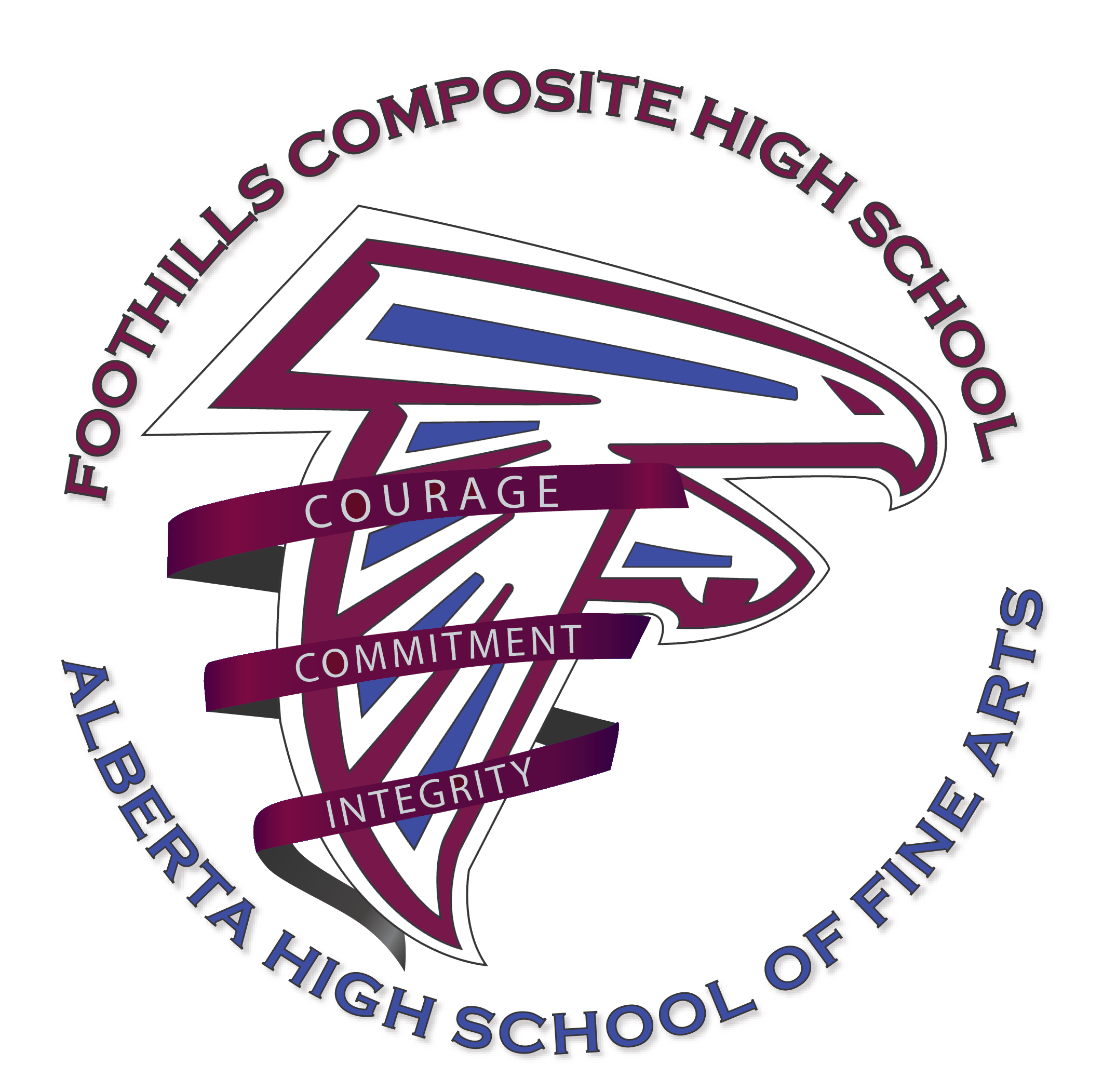Advanced Placement (AP)
FCHS ADVANCED PLACEMENT COURSES (AP) - MATH AND ENGLISH
The Advanced Placement Program (AP), is an internationally recognized enrichment program that offers acceleration and challenge to motivated and gifted students. It prepares students for the transition from high school to university and beyond.
This enriched academic programming is designed to provide high-achieving students with post-secondary course/material exposure in a high school setting. Students who complete an AP course can write an internationally recognized examination prepared and graded by the College Board.
Successful completion of Advanced Placement exams permits students to obtain credit in first-year university courses at many colleges and universities around the world.
AP REGISTRATION AND PREREQUISITES
- The recommended prerequisite for new grade 10 students students is a minimum of 75% in ELA 9 and/or Math 9.
- Students must be highly motivated and passionate about the subject area.
- A teacher recommendation will also be used to determine enrollment
- English AP students: there is an entrance exam that will help determine enrollment
- Grade 10 students may choose to register in Math 10C AP and/or English 10-1 AP
ADVANCED PLACEMENT 3 YEAR PLAN
The course order is subject to change based on course enrollment and school timetable.

UNIVERSITY RECOGNITION OF ADVANCED PLACEMENT (AP)
The AP Program is a global academic program offered in over 100 countries around the world. More than 600 universities recognize AP exam scores for admission, credits and placement. In Canada alone, over 100 universities and colleges accept Advanced Placement exam scores.
The following are a few popular Alberta universities for students and the links to their AP policies:
RESOURCES
